what are the Mediterranean herbs?
kawaiineko_gardener
12 years ago
Related Stories
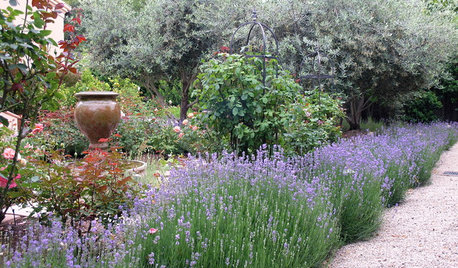
FLOWERSHerb Garden Essentials: Grow Your Own Fragrant Lavender
This do-it-all plant is ideal for almost any garden, and its uses are abundant around the home
Full Story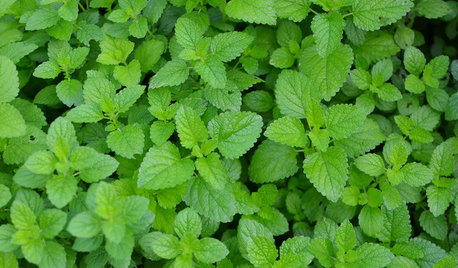
EDIBLE GARDENS12 Essential Herbs for Your Edible Garden
Make home cooking and drinks even better with herbs plucked from your own backyard or windowsill pot
Full Story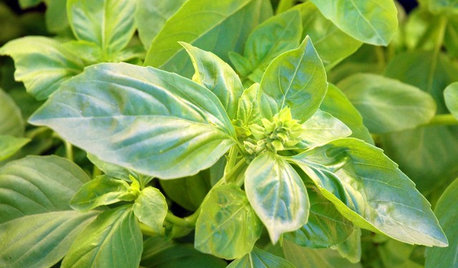
SUMMER GARDENINGHow to Grow Basil
Bright color, quick growth and endless uses for cooking make this summer annual a winner in the garden or a pot
Full Story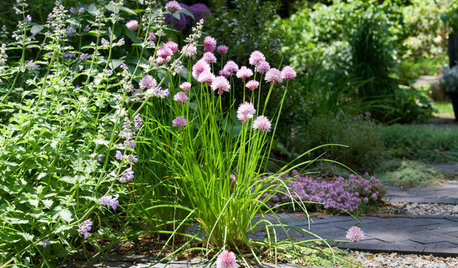
EDIBLE GARDENS8 Surefire Vegetables and Herbs for Beginning Gardeners
Learn the edible plants that are popular and easy to grow in a backyard or container garden
Full Story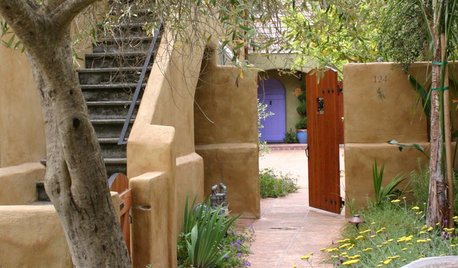
GARDENING AND LANDSCAPINGLay of the Landscape: Mediterranean Garden Style
Earthy, lush and warmly welcoming, a Mediterranean garden can thrive in any warm-climate landscape with a few adaptations
Full Story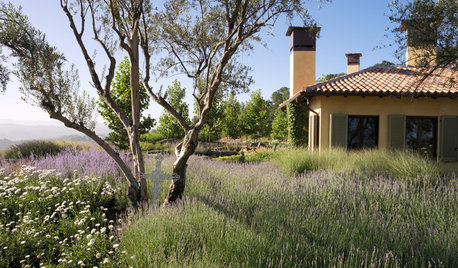
LANDSCAPE DESIGN8 Elements of Mediterranean Garden Style
Opt for olives and take up with tile. Mild-climate gardens everywhere can benefit from the features of their Mediterranean cousins
Full Story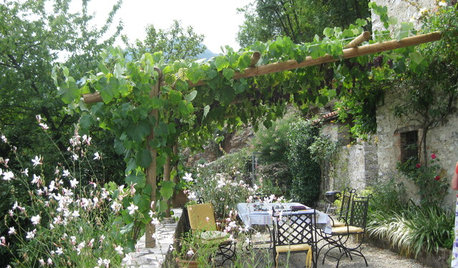
LANDSCAPE DESIGNRecipe for Mediterranean Edible Garden Style
The only thing better than a delicious meal outdoors is the satisfaction of growing some of the key ingredients yourself
Full Story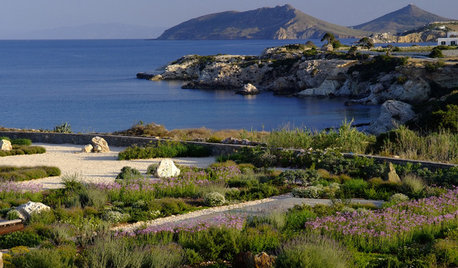
GARDENING AND LANDSCAPINGGarden Tour: Enchanting Greek Landscape
Get Ideas for Mediterranean-Style Plantings on a Beautiful Paros Garden Stroll
Full Story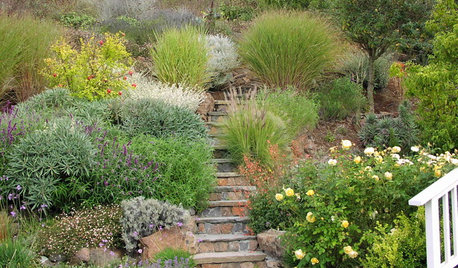
GARDENING GUIDESYes, You Can Grow an Edible Garden on a Hot, Dry Site
Difficult garden spots don’t need to deter you from planting trees, herbs and other delicious food plants
Full Story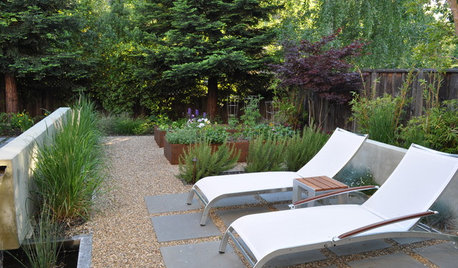
URBAN GARDENSHarvest the Bounty of a Patio Garden
Make the most of small spaces on decks and balconies to enjoy your pick of vegetables, fruits and herbs
Full Story





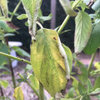
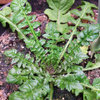
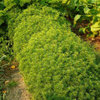
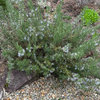
fatamorgana2121
Daisyduckworth
Related Professionals
Brandon Landscape Contractors · Canby Landscape Contractors · Ellicott City Landscape Contractors · Fridley Landscape Contractors · Kaneohe Landscape Contractors · New Providence Landscape Contractors · Saint Paul Landscape Contractors · San Benito Landscape Contractors · Wayland Landscape Contractors · Webster Groves Landscape Contractors · East Norriton Landscape Contractors · Baltimore Roofing & Gutters · Cincinnati Roofing & Gutters · Norton Roofing & Gutters · Wood Dale Roofing & Gutterskawaiineko_gardenerOriginal Author
fatamorgana2121
batyabeth
seashoregardener11
lilbasil